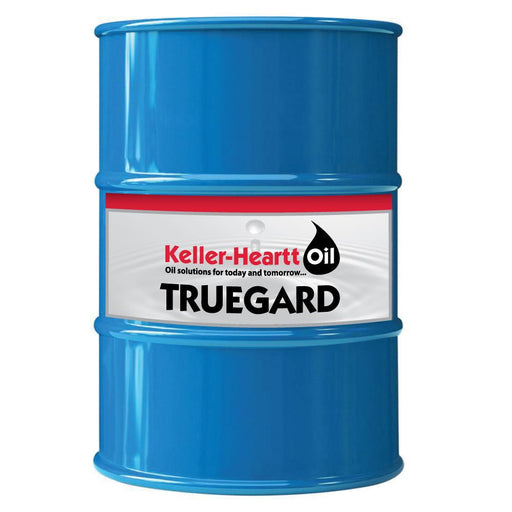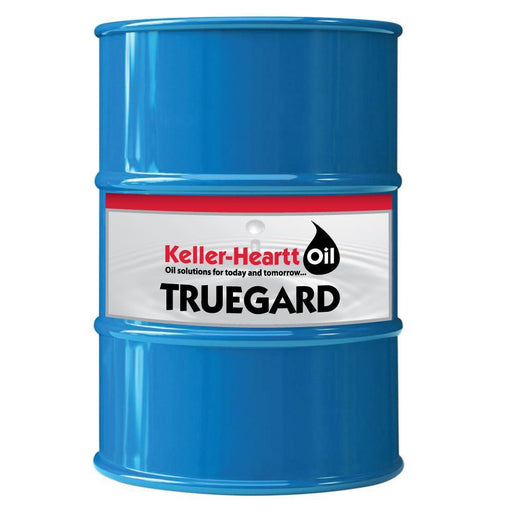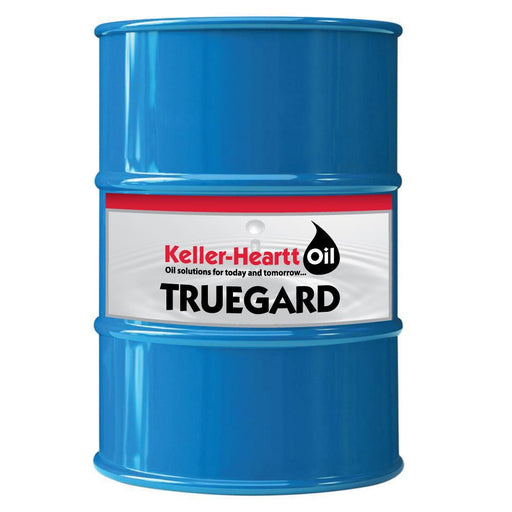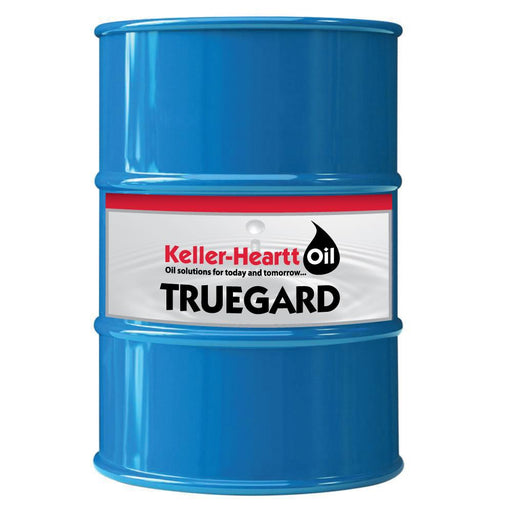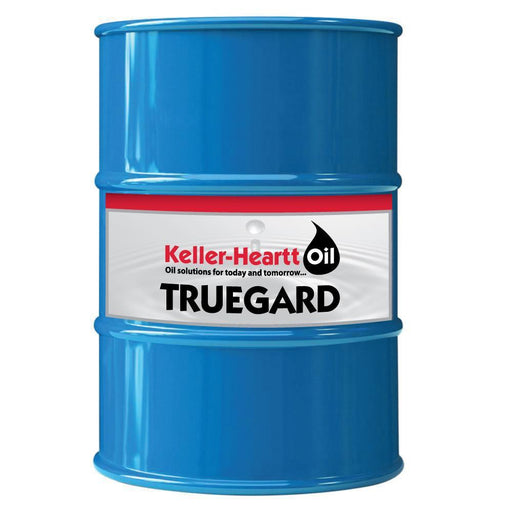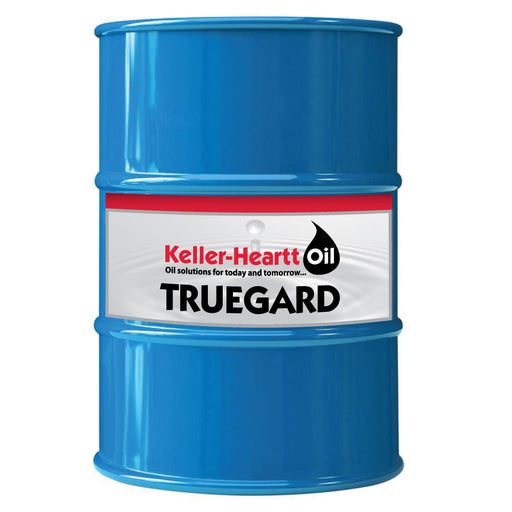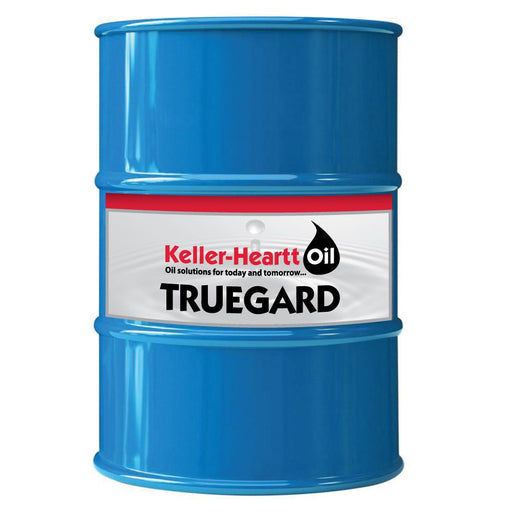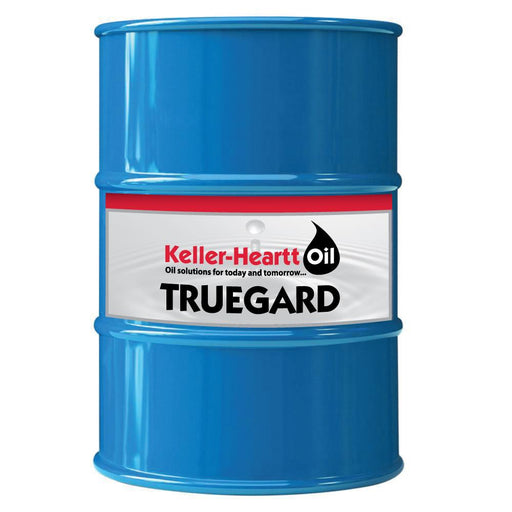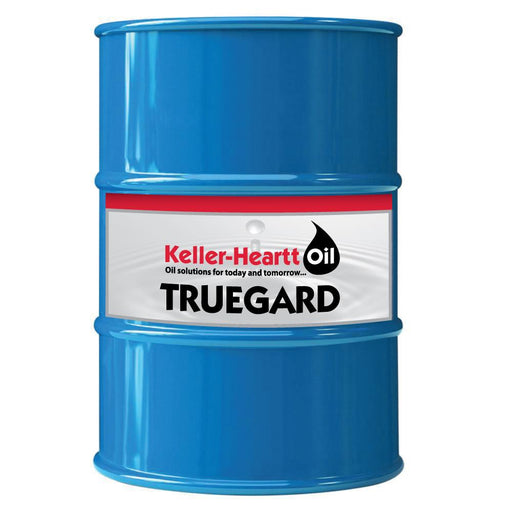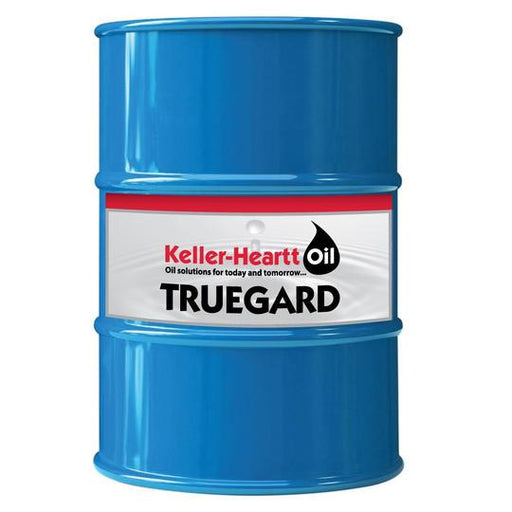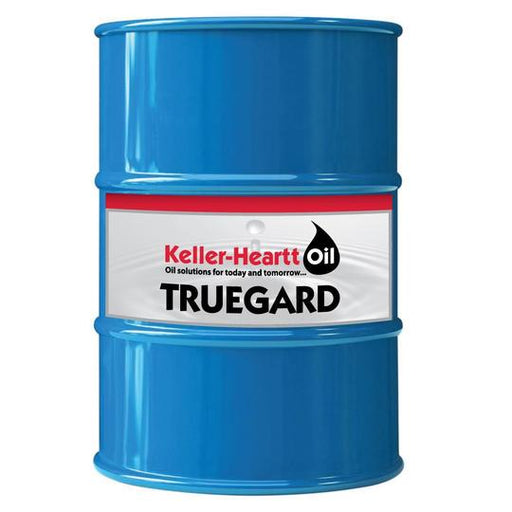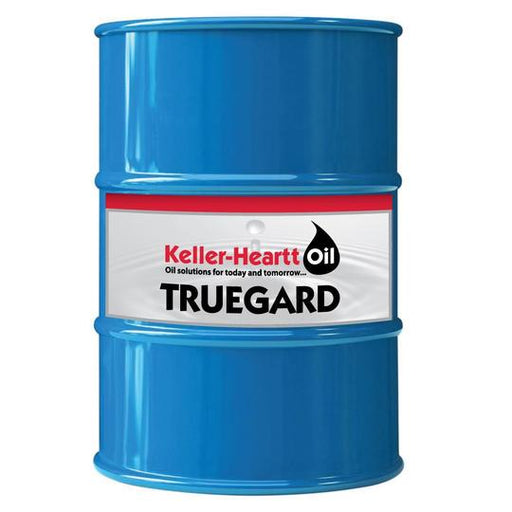Propylene Glycol 55 Gallon Drums
Filters
-
 Original Price $895.00 - Original Price $895.00Original Price$895.00$895.00 - $895.00Current Price $895.00| /
Original Price $895.00 - Original Price $895.00Original Price$895.00$895.00 - $895.00Current Price $895.00| /TRUEGARD Propylene Glycol Inhibited-Heat Transfer Fluid 100% Concentrate - 55 Gallon Drum
Truegard4.93 / 5.0
14 Reviews
Heat transfer fluid formulation of propylene designed package of industrial corrosion inhibitors. The fluid is dyed pink for leak detection. This p...
View full details -
Original Price $998.50 - Original Price $998.50Original Price$998.50$998.50 - $998.50Current Price $998.50| /
TRUEGARD 960 NSF Certified Food-Grade Propylene Glycol Inhibited Coolant 100% Concentrate - 55 Gallon Drum
Truegard5.0 / 5.0
8 Reviews
TRUEGARD 960 is an NSF Certified, food-grade inhibited propylene glycol fluid which is intended for use in antifreeze and heat transfer application...
View full details -
 Original Price $1,235.00 - Original Price $1,235.00Original Price$1,235.00$1,235.00 - $1,235.00Current Price $1,235.00| /
Original Price $1,235.00 - Original Price $1,235.00Original Price$1,235.00$1,235.00 - $1,235.00Current Price $1,235.00| /TRUEGARD Propylene Glycol Usp Kosher 100% Concentrate - 55 Gallon Drum
Truegard5.0 / 5.0
1 Review
Our Food Grade Propylene Glycol displays USP on the barrel and allows the product to be placed in food-related products in small quantities. TRUEGA...
View full details -
Original Price $715.00 - Original Price $715.00Original Price$715.00$715.00 - $715.00Current Price $715.00| /
TRUEGARD Propylene Glycol Inhibited-Heat Transfer Fluid 50/50 - 55 Gallon Drum
Truegard5.0 / 5.0
3 Reviews
Heat transfer fluid formulation of propylene designed package of industrial corrosion inhibitors. The fluid is dyed pink for leak detection. This ...
View full details -
Original Price $765.00 - Original Price $765.00Original Price$765.00$765.00 - $765.00Current Price $765.00| /
TRUEGARD 905 NSF Certified Food-Grade Propylene Glycol 50/50 - 55 Gallon Drum
Truegard5.0 / 5.0
2 Reviews
TRUEGARD 905 is an NSF Certified, food-grade inhibited propylene glycol fluid with water which is intended for use in antifreeze and heat transfer ...
View full details -
Original Price $735.15 - Original Price $735.15Original Price$735.15$735.15 - $735.15Current Price $735.15| /
TRUEGARD Ethylene Glycol Inhibited-Heat Transfer Fluid 50/50 - 55 Gallon Drum
Truegard5.0 / 5.0
1 Review
Keller-Heartt TRUEGARD® Ethylene Glycol Heat Transfer Fluid 100% is a fully-formulated ethylene glycol- based heat transfer fluid containing an...
View full details -
Original Price $895.00 - Original Price $895.00Original Price$895.00$895.00 - $895.00Current Price $895.00| /
TRUEGARD Propylene Glycol Usp Kosher: 50/50 - 55 Gallon Drum
Truegard5.0 / 5.0
2 Reviews
Buy 55 Gallon Drums of TRUEGARD Propylene Glycol Usp Kosher 50/50 from Keller-Heartt. Bulk sizes available. No application needed. Free shipping on...
View full details -
Original Price $1,094.98 - Original Price $1,094.98Original Price$1,094.98$1,094.98 - $1,094.98Current Price $1,094.98| /
TRUEGARD Automotive Low Tox Antifreeze/Coolant 50/50 - 55 Gallon Drum
Truegard5.0 / 5.0
1 Review
Our TRUEGARD Low Tox Antifreeze/Coolant provides performance durability and protection against corrosion of all cooling system metals. The propylen...
View full details -
Original Price $1,726.70 - Original Price $1,726.70Original Price$1,726.70$1,726.70 - $1,726.70Current Price $1,726.70| /
TRUEGARD Automotive Low Tox: 100% Concentrate Propylene Glycol - 55 Gallon Drum
Truegard55 GALLON DRUM. Propylene glycol formula provides an added margin of safety for pets and wildlife in the event of accidental ingestion. This patent...
View full details -
Original Price $7,157.90 - Original Price $7,157.90Original Price$7,157.90$7,157.90 - $7,157.90Current Price $7,157.90| /
TRUEGARD 960 NSF Certified Food-Grade Propylene Glycol Inhibited Coolant 100% Concentrate - 330 TOTE
TruegardTRUEGARD 960 is an NSF Certified, food-grade inhibited propylene glycol fluid which is intended for use in antifreeze and heat transfer application...
View full details -
Original Price $1,175.26 - Original Price $1,175.26Original Price$1,175.26$1,175.26 - $1,175.26Current Price $1,175.26| /
TRUEGARD Ethylene Glycol Uninhibited-Heat Transfer Fluid 100% Concentrate
TruegardHeat transfer fluid is dyed fluorescent pink for leak detection. Solutions in water provide freeze protection to below -60 degrees F and burst pro...
View full details -
Original Price $1,175.26 - Original Price $1,175.26Original Price$1,175.26$1,175.26 - $1,175.26Current Price $1,175.26| /
TRUEGARD Propylene Glycol Uninhibited-Heat Transfer Fluid 100% Concentrate
TruegardHeat transfer fluid is dyed fluorescent pink for leak detection. Solutions in water provide freeze protection to below -60 degrees F and burst pro...
View full details -
Original Price $735.15 - Original Price $735.15Original Price$735.15$735.15 - $735.15Current Price $735.15| /
TRUEGARD Ethylene Glycol Uninhibited-Heat Transfer Fluid 50/50 - 55 Gallon Drum
Truegard5.0 / 5.0
1 Review
Heat transfer fluid is dyed fluorescent pink for leak detection. Solutions in water provide freeze protection to below -60 degrees F and burst p...
View full details


Typical Properties By Concentration
| Properties * | Conc. | 60% | 50% | 40% | 35% | 30% | 25% |
|---|---|---|---|---|---|---|---|
| Propylene Glycol | 95% | 60% | 50% | 40% | 35% | 30% | 25% |
| Performance Additives and Water | 4% | 40% | 50% | 60% | 65% | 70% | 75% |
| Appearance | Liquid, Yellow | Liquid, Yellow | Liquid, Yellow | Liquid, Yellow | Liquid, Yellow | Liquid, Yellow | Liquid, Yellow |
| "Specific Gravity (15/15℃ 60/60℉)" |
1.055 - 1.065 | 1.050 - 1.059 | 1.043 - 1.054 | 1.035 - 1.042 | 1.034 - 1.042 | 1.029 - 1.038 | 1.024 - 1.034 |
| pH 50% glycol | 9.0 - 10.5 | 9.0 - 10.5 | 9.0 - 10.5 | 9.0 - 10.5 | 9.0 - 10.5 | 9.0 - 10.5 | 9.0 - 10.5 |
| Reserve Alkalinity (min) | 12 | 6 | 6 | 4 | 4 | 3 | 3 |
| Freeze Point Max | -6℉ / -21℃ (as 50%) |
-68℉ / -56℃ | -34℉ / -37℃ | -10℉ / -23℃ | -2℉ / -19℃ | 5℉ / -15℃ | 11℉ / -12℃ |
| Boiling Point Max | 317℉ / 158℃ (as 50%) |
232℉ / 111℃ | 228℉ / 109℃ | 224℉ / 107℃ | 222℉ / 106℃ | 220℉ / 104℃ | 218℉ / -103℃ |
Propylene Glycol vs. Ethylene Glycol? What’s the difference?
Propylene glycol is less toxic than Ethylene Glycol. It does not perform as well in colder temperatures, unlike Ethylene Glycol. Propylene Glycol has a slightly higher viscosity and a slightly lower heat transfer efficiency. It is also colorless, odorless and water soluble.
What are the optimal properties to look for in a heat transfer fluid?
A heat transfer fluid should have the following properties: high thermal stability, a high degree of material compatibility, a high level of environmental compatibility, high thermal conductivity, high specific heat, low freezing point, low viscosity, and low vapor pressure.
Heavy duty vs. Regular duty? What’s the difference?
When temperatures exceed 250°F continuously or intermittently for a significant portion of time then Heavy Duty formulated products should be used. When an application operates between -60°F and 250°F then Regular Duty products should be used.
What are some of the most used applications for Heavy duty and Regular duty products?
Heavy Duty includes - solar heating systems, asphalt melting operations, high-temperature plastic injection molding plants, steel mills, paper process and pulp plants, chemical process plants, refinery heating and cooling, natural gas line heaters and large stationary engines.
Regular Duty includes - Food processing and storage facilities, sidewalk de-icing, ice skating rinks, process cooling, residential housing, hotels and resorts, apartment buildings, hospitals, school and universities, and office buildings.
What product do you recommend that can be used where minimal contact with food or beverage is possible?
We recommend our Truegard Hale-Guard 960 and Truegard Hale-Guard 905/50/50. Click here to view full product details.
What is the Shelf Life of Truegard Hale-Guard 960?
The shelf life is up to two years if stored between 65°F and 75°F. Recertification will be needed to confirm suitability after six months for up to a year if stored in the original sealed package.
What is the minimum recommended dilution?
Keller-Heart recommends a dilution no lower than 30%.
What is your water specification if I need to dilute the concentrate?
Keller-Heartt recommends using de-ionized water. We do not recommend well or tap water for dilution because it has too much scale that reduces the Heat Transfer properties.
Are you using recycled or virgin raw materials?
Keller-Heartt Oil only uses the highest quality virgin raw materials in our products. Recycled glycol may be at risk for containing impurities that could contaminate your systems.
What are your concentration recommendations based on freeze protection?
Please contact a Keller-Heartt representative for your specific application, for suggested freeze protection.
Do you offer used glycol environmental haul away services?
Keller-Heartt can recommend an environmental disposal company for national locations for disposal of used glycol.
How can I tell if the glycol in an existing system is still within specifications?
By utilizing Keller-Heartt’s Fluid Care Program

Propylene glycol is a synthetic liquid substance that absorbs water. Propylene glycol is also used to make polyester compounds and as a base for de-icing solutions. Propylene glycol is used by the chemical, food, and pharmaceutical industries as an antifreeze when leakage might lead to contact with food. The Food and Drug Administration (FDA) has classified propylene glycol as an additive that is generally recognized as safe for use in food. Propylene glycol from Keller Heartt is food safe and certain varieties can also be certified Kosher.
It is used to absorb extra water and maintain moisture in certain medicines, cosmetics, or food products. It is a solvent for food colors and flavors and in the paint and plastics industries. Propylene glycol is also used to create artificial smoke or fog used in fire-fighting training and in theatrical productions. Propylene glycol is clear, colorless, slightly syrupy liquid at room temperature. It may exist in air in the vapor form, although propylene glycol must be heated or briskly shaken to produce a vapor. Propylene glycol is practically odorless and tasteless.
Whether your company is in the cosmetics, food service, or theatre industries you will find we carry the products your business needs. We currently offer inexpensive and efficient TRUEGARD Propylene glycol in 55-gallon drums for projects of all sizes.




